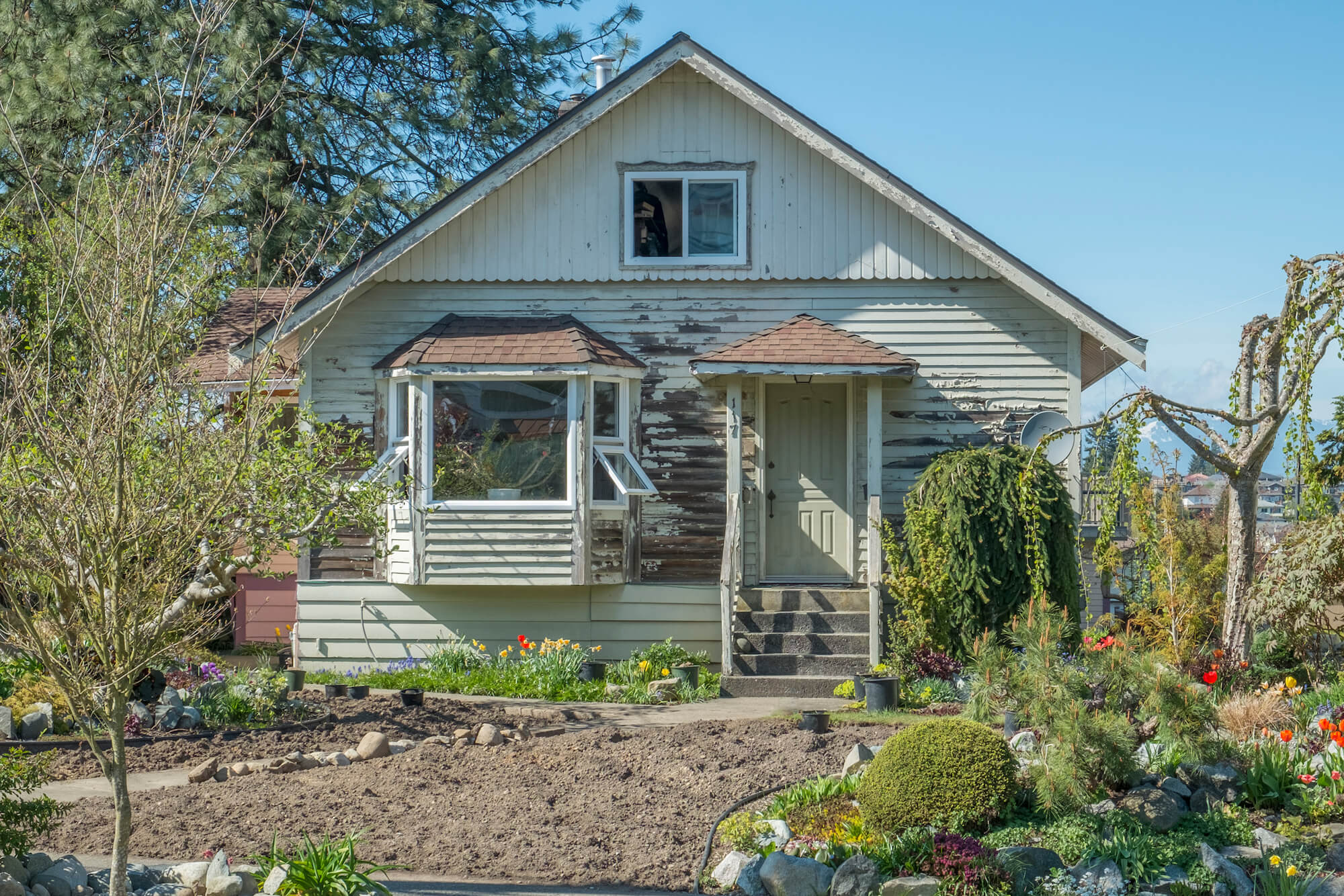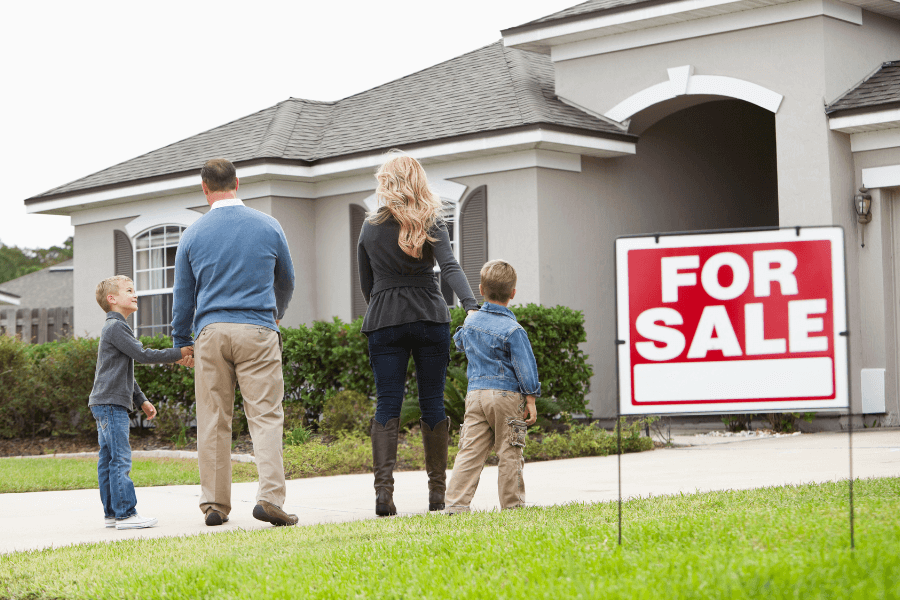While the Australian property market may have cooled in recent months, the property buzz still remains, which is why it’s critical for every homeowner (or prospective homeowner) to understand which factors shape the value of their asset.
For existing homeowners, you need to understand the importance of maintaining your property so you can maximise your future sales price, while for future buyers, it’s all about knowing how to identify a property that will unlock capital growth.
Below are some surprising factors that could detract value from your home – and tips on how to avoid them!
Topics in this article:
High crime rate
If you’re in the market for a new home, do some research into the level of crime in the particular suburb to determine the risks you might face while living there. Properties in suburbs with a high crime rate will generally have a lower value than those in suburbs where crime is less prevalent and could be more difficult to sell in the future.
In addition, your insurance premium could be higher if you buy in these suburbs and banks may be less reluctant to lend to you, so keep this in mind during your property search.
Bad kerb appeal
First impressions are important, especially in the world of real estate. If your home looks like it’s lacking some TLC, potential buyers won’t be so generous with their bids. If you’re thinking of putting your home on the market, try to keep its exterior clean and neutral so you capture as much of the market as possible.
Avoid personal touches (such as your obsession with gnomes or bright paint colours) as this will detract rather than add value to your home. If your home looks good on the outside, buyers will be optimistic about its interior and are more likely to bid higher.

Poor renovations
Aussies love a good DIY renovation, with research from finder.com.au – which surveyed 2,017 people – revealing that 28 per cent of us renovate our home to increase its value. If you’re going to invest time and money in a renovation, you need to do it properly to ensure you’re adding value to your property.
Before you undertake any major renovation, make sure your local council approves your plans so that a later building inspection doesn’t reveal any illegalities, which will significantly delay your project and potentially decrease the value of your home. Incomplete paintwork, broken tiles, windows or doors are all big turn-offs for buyers, so make sure these are rectified (to a high standard) before putting your home on the market.

Schools with a bad reputation
While close proximity to the local school will generally increase your home’s value, this won’t be the effect if the school is known for being a rough place for kids. Families will be reluctant to move into the area if they’re going to have to drive a long way out of the suburb to do the school drop off and pick up each day, so this can impact local property values.
Before you buy, make sure you get a feel for the quality of the school catchment area so that you can ask for a higher price when you later sell your house.

Risk of bushfires or floods
Although we all love the idea of our home being an oasis that we can retreat to at the end of the day, be careful that you don’t buy in a high flood or bushfire zone to achieve this serenity. Homes that are prone to floods or bushfires may lose value due to the increased risk of damage. If you’re living in a bushfire prone area, make sure that your home meets the bushfire requirements to minimise the impact that this has on its value.
Being in an area prone to natural disasters also means the cost to arrange insurance for the property will be a lot higher than an area with a history of few or no natural disasters. Buyers may be put off by this extra cost and the worry of fire or flood damage. So always check what adequate protection will cost and specifically cover before making a purchase.

Bad neighbours
If you live across the road from some rowdy neighbours who throw regular parties, have junk in their front yard or often have visits from the police, it’s likely your home won’t sell for a high price. Prospective buyers only need to take one look at neighbouring run-down houses to make a quick judgment on the neighbourhood. Before putting your home on the market, try to resolve any ongoing disputes with your neighbours so they will be more cooperative when it comes time for you to put your home up for inspection.
For many of us, our home is our castle (and a massive investment) so it’s in your best interests to understand the factors that impact its value. Keep these factors in mind the next time you’re looking to buy a new property or when you’re considering the value of your existing property.
Written by:
Bessie Hassan
Bessie Hassan is a Money Expert at finder.com.au, the site that compares virtually everything. She regularly appears on national radio, TV, and throughout online publications sharing her best money-saving tips and property advice. She’s passionate about helping Australians make more informed decisions so they can improve their quality of life.






